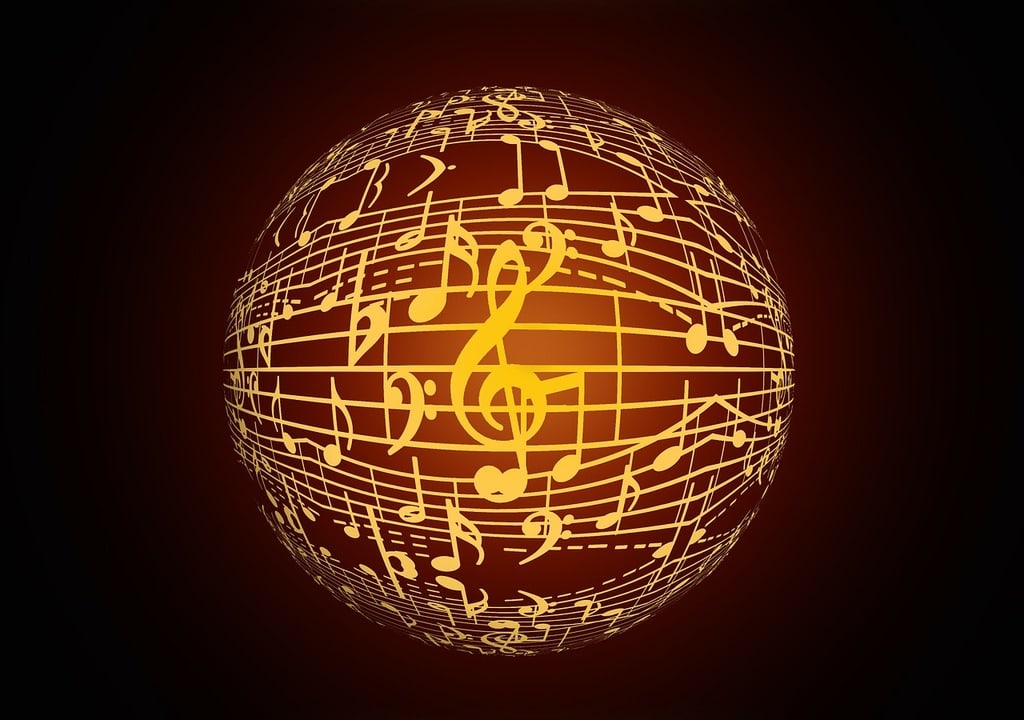Modern music genres have undergone a remarkable transformation over the past century. The changes reflect a fusion of cultural influences, technological advancements, and evolving societal norms. From the raw, expressive roots of blues and jazz to the synthesized beats of electronic dance music, the journey of modern music is a tapestry of innovation and creativity.
The Transformation of Modern Music Genres
The evolution of modern music genres can be traced back to the early 20th century when blues and jazz emerged from African American communities. These genres laid the groundwork for the development of rock and roll in the 1950s. Rock and roll, with its energetic rhythms and rebellious spirit, became a defining sound of the era, influencing countless artists and leading to the birth of subgenres like rockabilly and punk rock.
As the 1960s dawned, the British Invasion brought bands like The Beatles and The Rolling Stones to the forefront, blending rock with elements of pop and blues. This era also saw the rise of psychedelic rock, characterized by its experimental sounds and lyrical themes exploring consciousness and reality.
The Rise of Electronic Music
The 1970s and 1980s marked a significant shift with the advent of electronic music. Artists began to experiment with synthesizers, drum machines, and computer-generated sounds. Kraftwerk, a pioneering electronic band, played a pivotal role in this transformation. Their innovative use of technology paved the way for genres such as synth-pop, new wave, and eventually, techno and house music.
During this period, hip-hop also emerged from the streets of New York City. DJs and MCs used turntables and mixers to create new sounds, blending funk, soul, and disco. Hip-hop quickly grew into a global phenomenon, influencing fashion, language, and culture.

The Digital Age and Genre Blending
The 1990s and early 2000s saw the rise of digital music production and the internet, which democratized music creation and distribution. Artists from diverse backgrounds began to blend genres more freely, giving birth to new styles such as trip-hop, grunge, and nu-metal. The ability to sample and remix music allowed for an unprecedented level of creativity and cross-pollination between genres.
The digital age also saw the resurgence of pop music, with artists like Britney Spears, Backstreet Boys, and NSYNC dominating the charts. Pop music’s catchy melodies and broad appeal solidified its place as a dominant force in the music industry.
Contemporary Trends in Modern Music
In recent years, modern music has continued to evolve, with new genres and trends emerging regularly. Some of the most notable trends include the rise of indie music, the resurgence of vinyl records, and the increasing influence of global sounds.
One of the defining characteristics of contemporary music is the blending of genres and the breaking down of traditional barriers. Artists today draw inspiration from a wide range of influences, resulting in unique and innovative sounds.
Some key trends in modern music include:
- Genre Fusion: musicians are increasingly blending elements from different genres to create new, hybrid styles. This fusion often results in unexpected and exciting musical innovations.
- Global Influences: with the advent of streaming services, music from around the world is more accessible than ever. Artists are incorporating diverse sounds and rhythms from various cultures into their music.
- Technological Integration: advances in technology continue to shape the music industry. From digital production tools to virtual reality concerts, technology is redefining how music is created and experienced.
The Future of Music Genres
As we look to the future, the evolution of modern music genres shows no signs of slowing down. Emerging technologies, such as artificial intelligence and blockchain, are poised to further transform the music landscape. AI-generated music is already being explored, pushing the boundaries of creativity and challenging traditional notions of authorship and originality.
In addition, the ongoing globalization of music will likely continue to foster greater collaboration and innovation. Artists from different parts of the world are finding common ground and creating music that transcends cultural and geographical boundaries.
Continuing the Legacy of Innovation
The evolution of modern music genres is a testament to the enduring power of innovation and creativity. From the early days of blues and jazz to the digital age and beyond, music has continuously adapted and transformed, reflecting the changing world around it. As artists continue to push the boundaries of what is possible, the future of music promises to be as dynamic and exciting as its past.
The journey of modern music is a never-ending exploration, with each new genre and trend adding to the rich tapestry of sound that defines our world.
